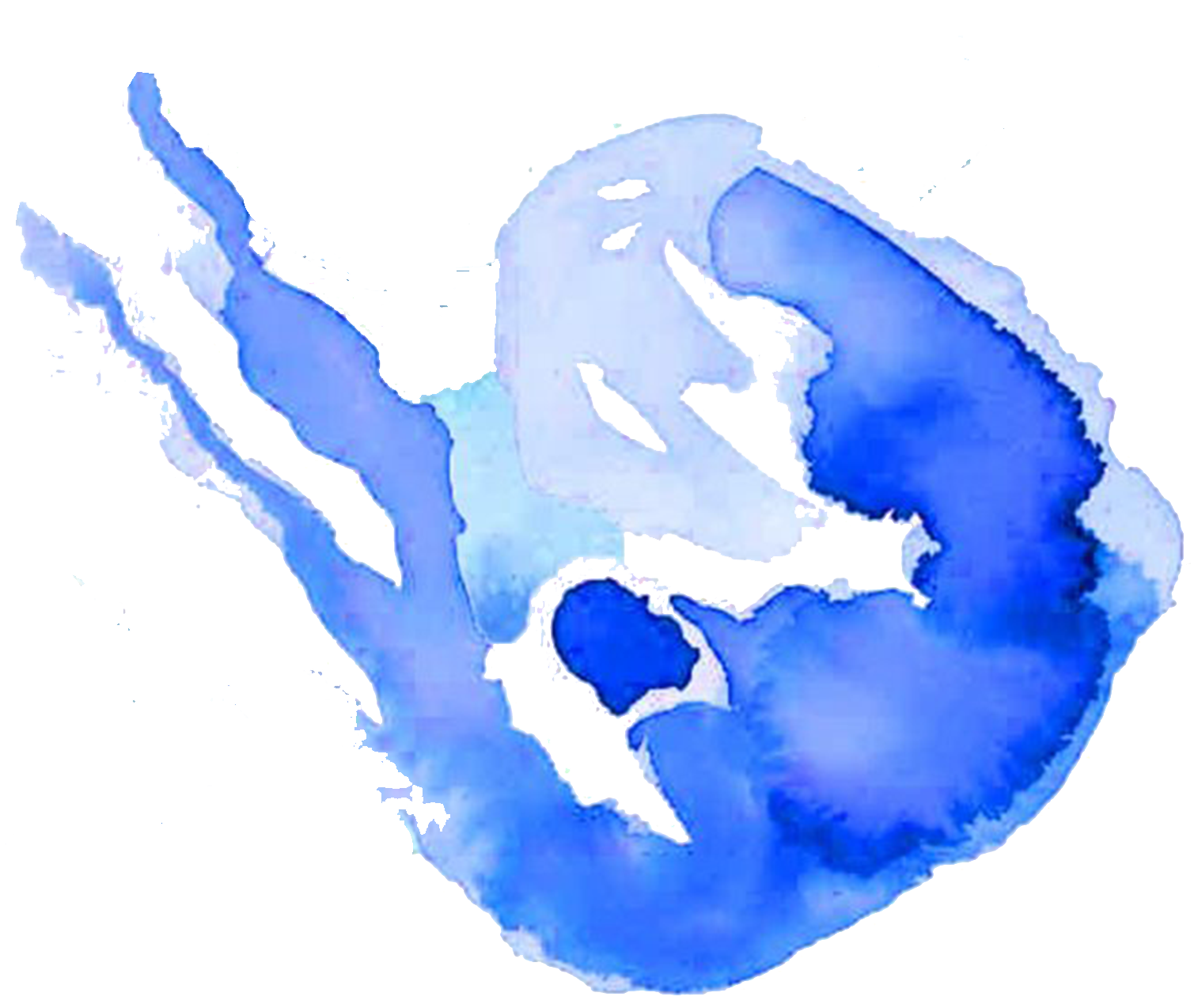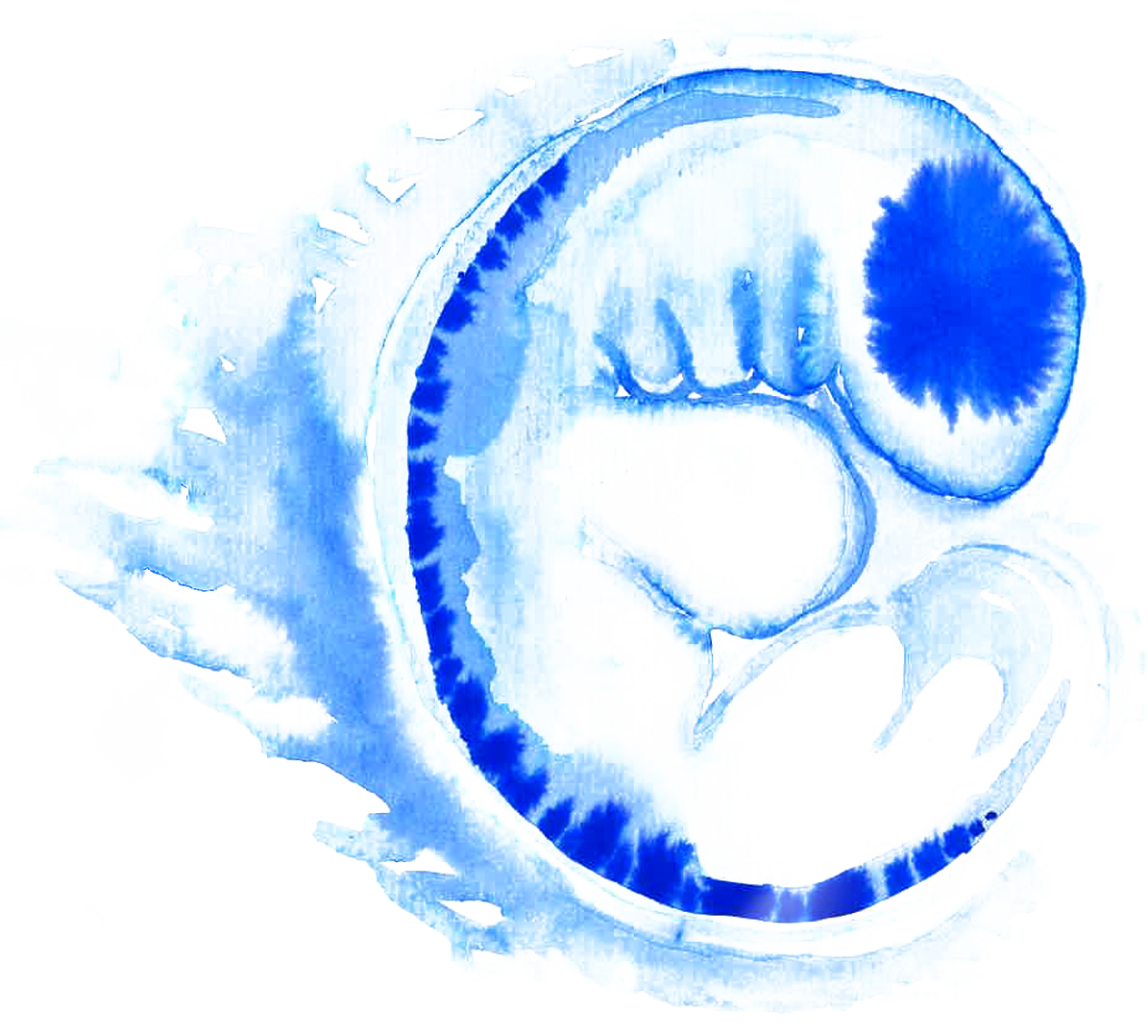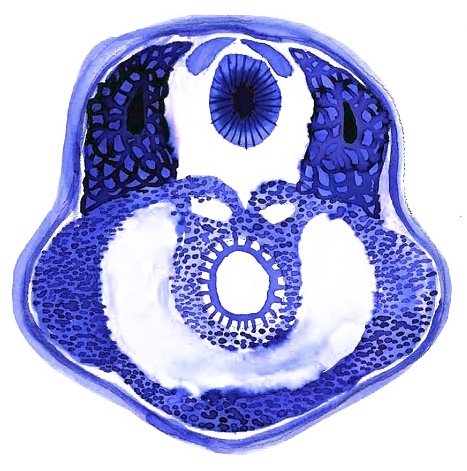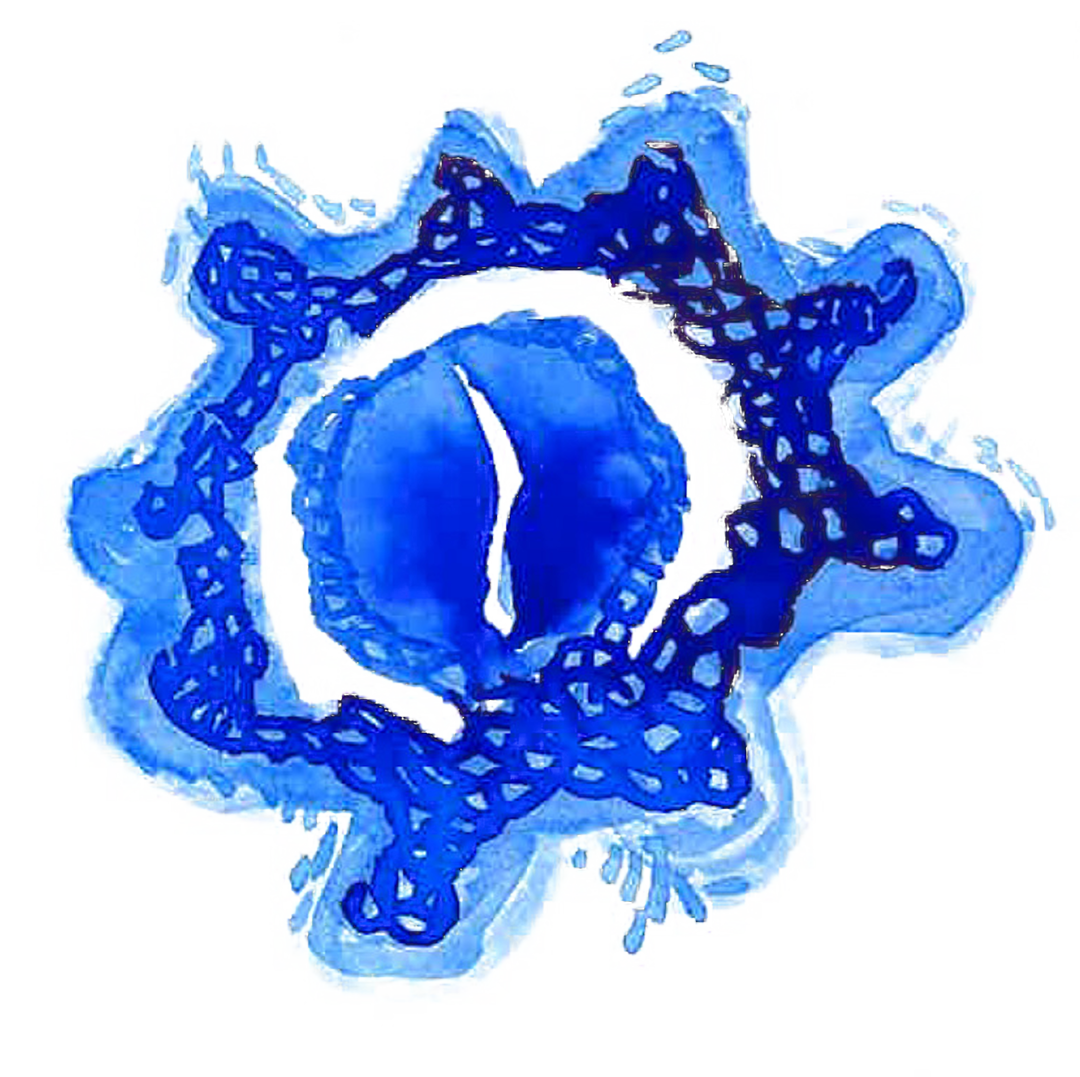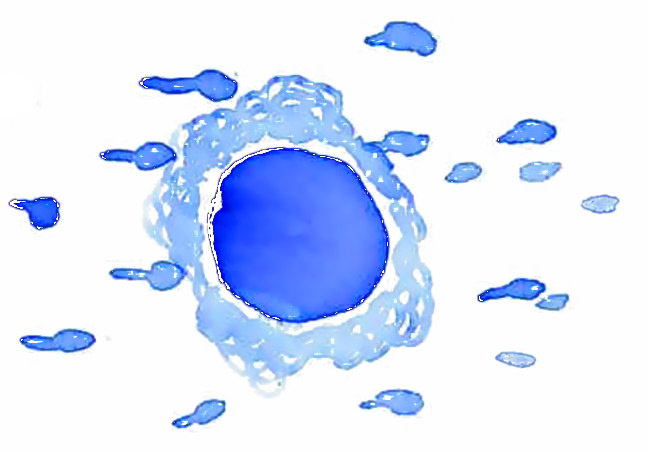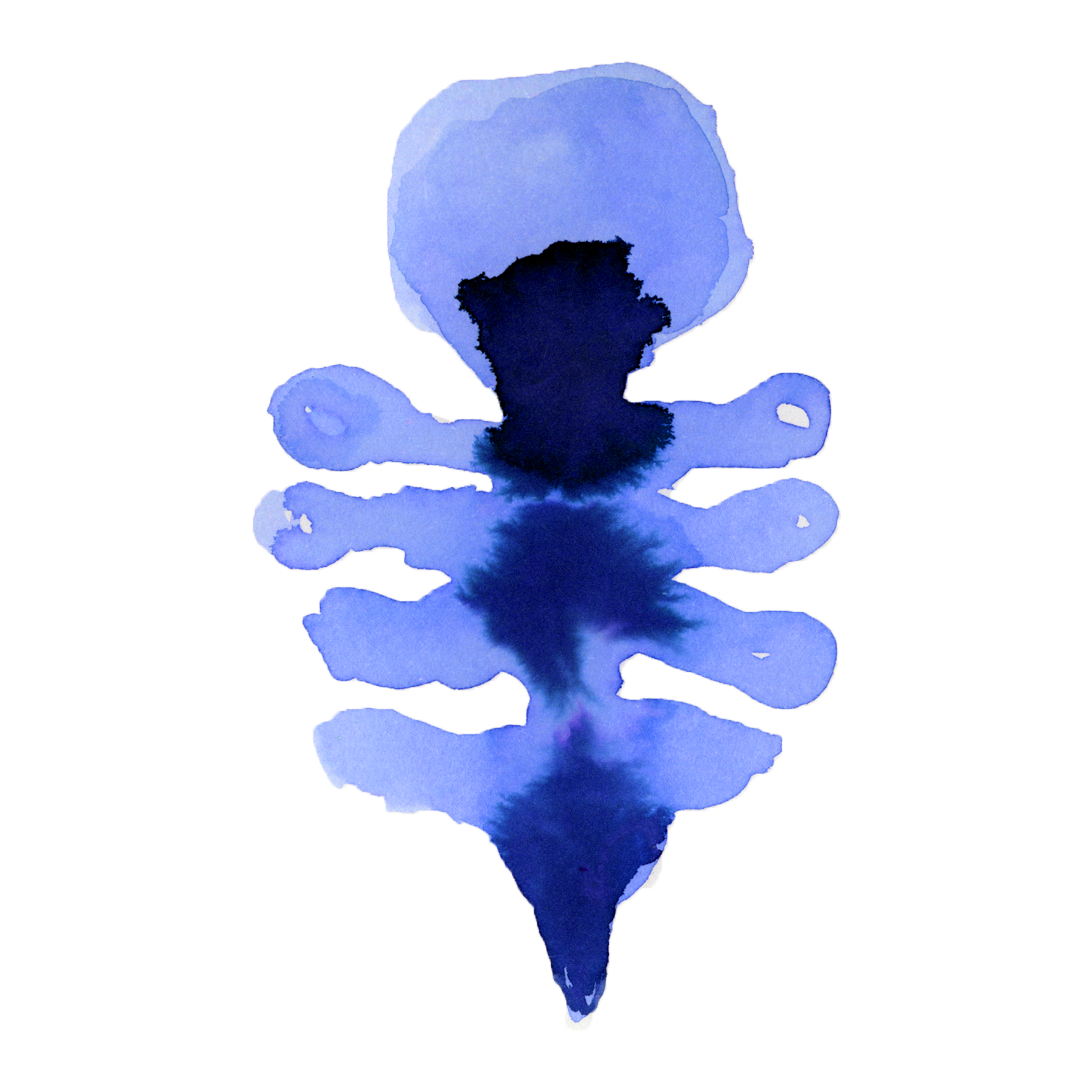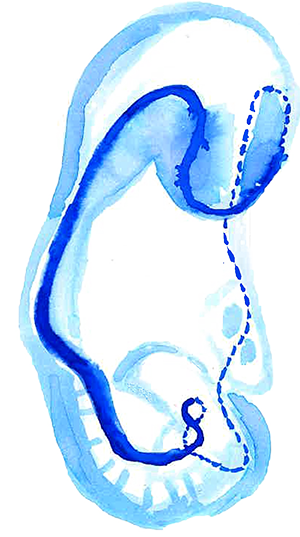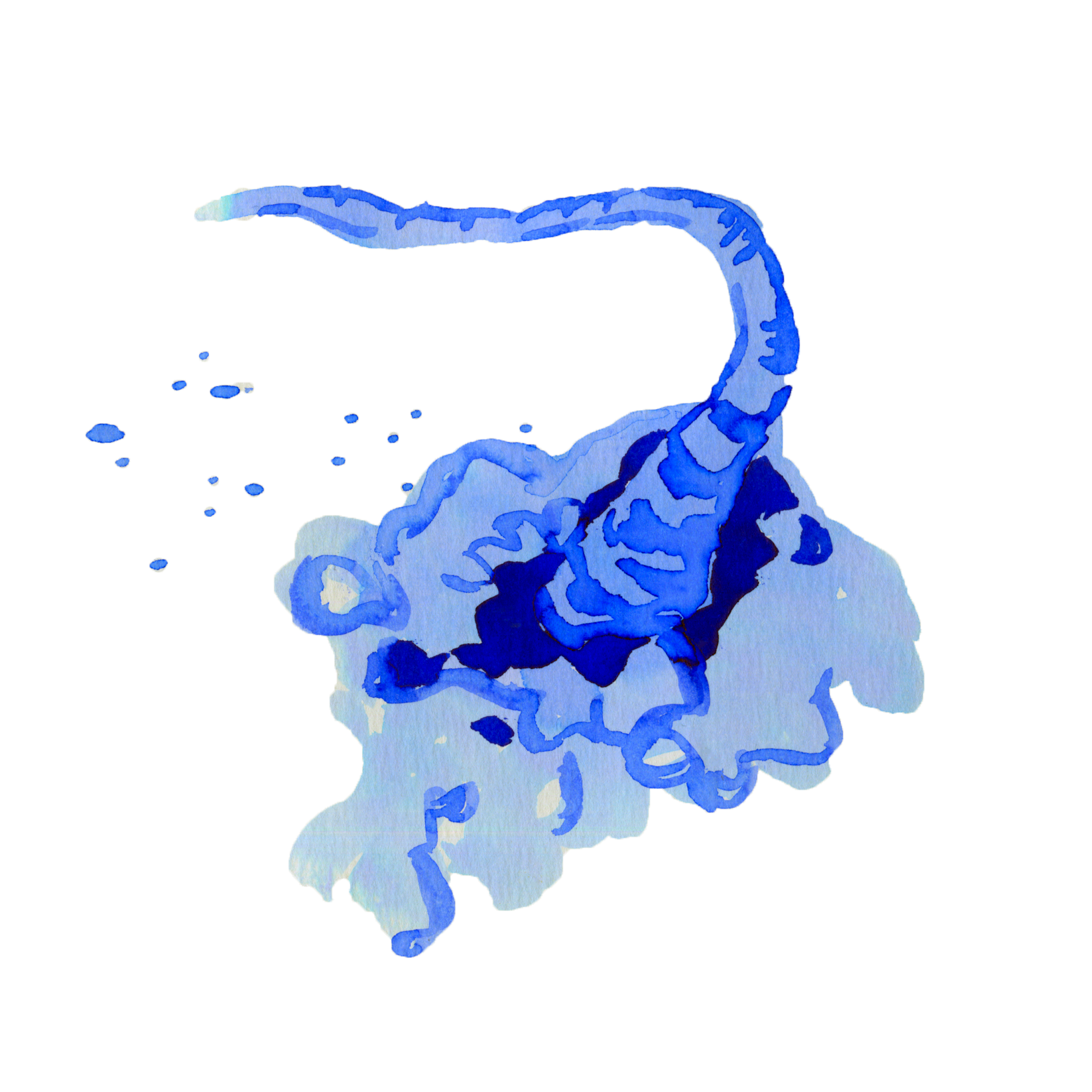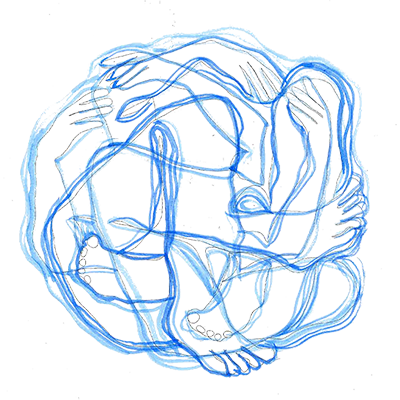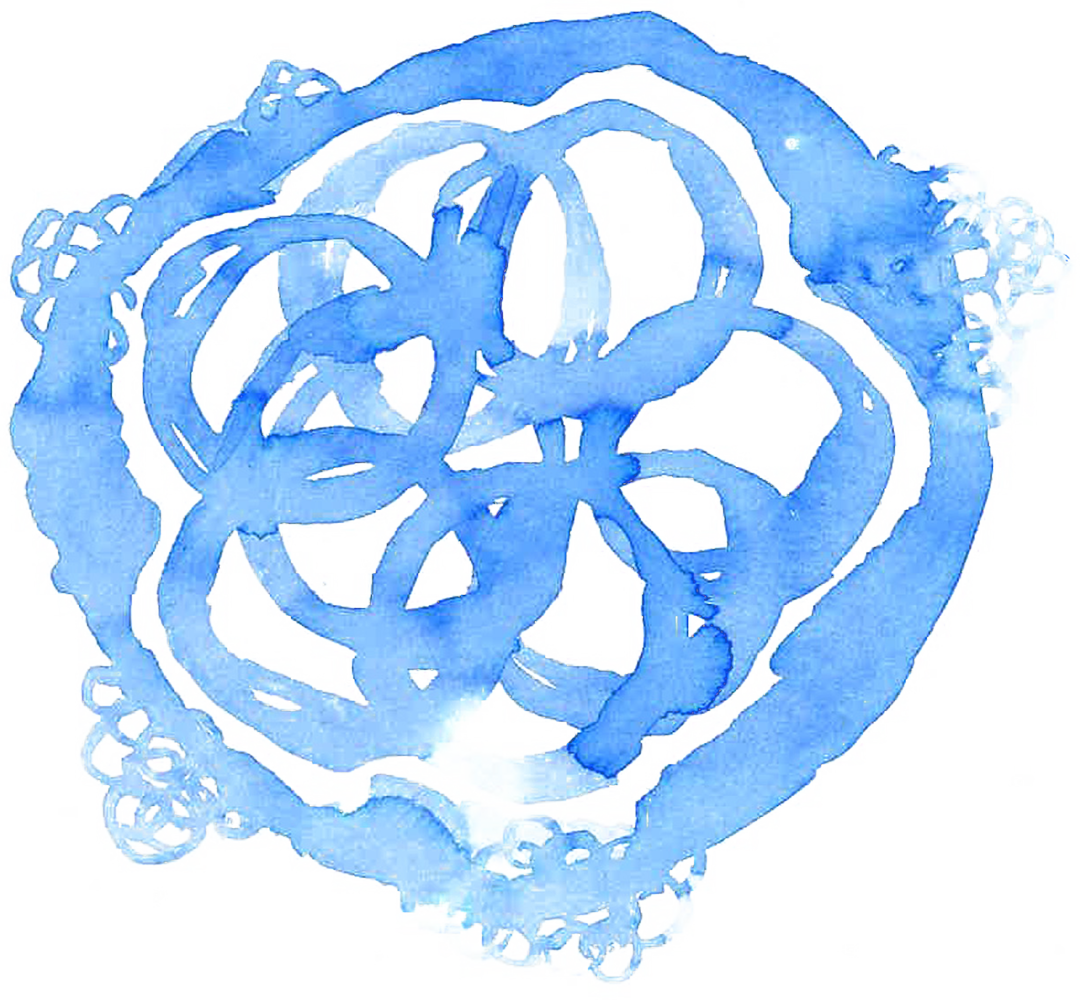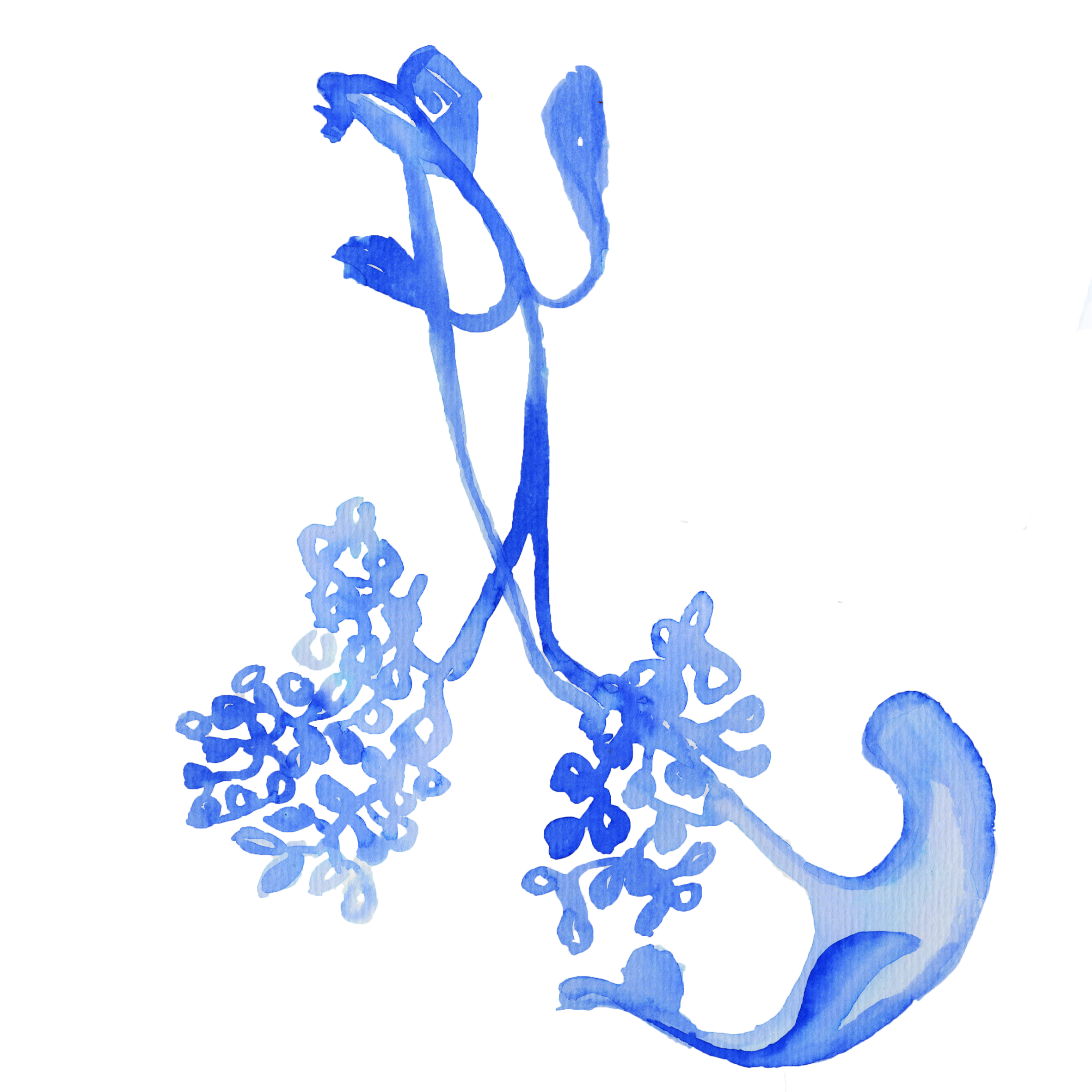“The body and the body politic: New constituencies.” with developmental biologist Scott Gilbert
Presented as part of BodyCartography's
"a collection of fluid spaces"
Introduced by Carla Bottiglieri
Teknisk Museum, Oslo
April 28, 2022
The body politic metaphor extends in different ways depending on how one
views one’s body. There have been three main claimants to the dominant
view of the body. The classical view is that the brain is the locus of
identity, and that if I were to transplant my brain into you, you’d be
me. This perspective privileges culture. A second view is that the
immune system is the regulator of body identity. If I were to graft your
skin onto my skin, it would be rejected. This view privileges defense. A
very current view is that the genome determines identity. This view
privileges heritage. There is now a fourth claimant, the holobiont body,
a body where over 50% of the cells are microbial symbionts that are
integrated into the physiological, anatomical, developmental, and
immunological processes of the body. The development of the body occurs
through teams of species, and immunity is a holobiont function wherein
microbes and zygote-derived cells cooperate for mutual defense. Thus,
the body can be considered as a political entity that has many differing
constituents.
Scott F. Gilbert is the Howard A. Schneiderman Professor of Biology, emeritus, at Swarthmore College, as well as a Finland Distinguished Professor, emeritus, at the University of Helsinki. Trained as a developmental biologist and historian of science, Scott has been pursuing research in evolutionary developmental biology as well as studying the complex interactions between embryology, evolution, genetics, and ecology. His scientific research has focused on how evolutionary novelty comes into existence through changes in gene expression and changes in symbiont acquisition. His philosophical studies have most recently concerned the implications of the holobiont and process views of organisms to biology, philosophy, conservation efforts, medicine, and public health. He currently has three books in print: (1) Developmental Biology, (2) Ecological Developmental Biology, and (3) Fear, Wonder, and Science in the New Age of Reproductive Biotechnology. He has been awarded honorary doctoral degrees from the University of Helsinki (Finland) and the University of Tartu (Estonia), as well as receiving the Kowalevsky Prize in evolutionary developmental biology, the Viktor Hamburger Prize from the Society for Developmental Biology, the Service Award from the Pan-American Society for Evolutionary Developmental Biology, and a John Simon Guggenheim Award for his research. He.has participated in Vatican panels concerning embryology and religion. In 2016, he presented a lecture on developmental biology to His Holiness, the Dalai Lama.

